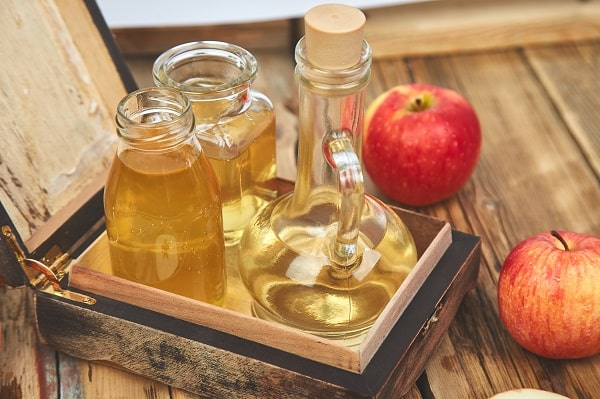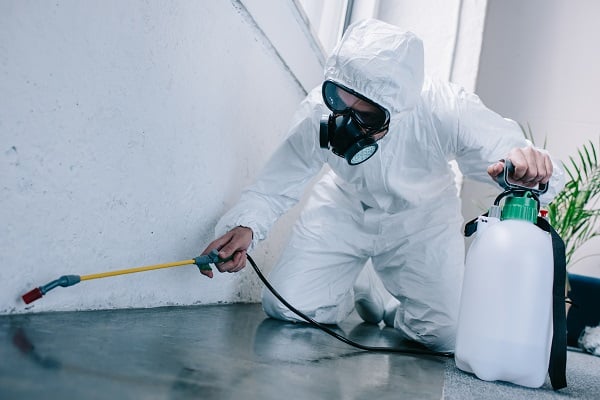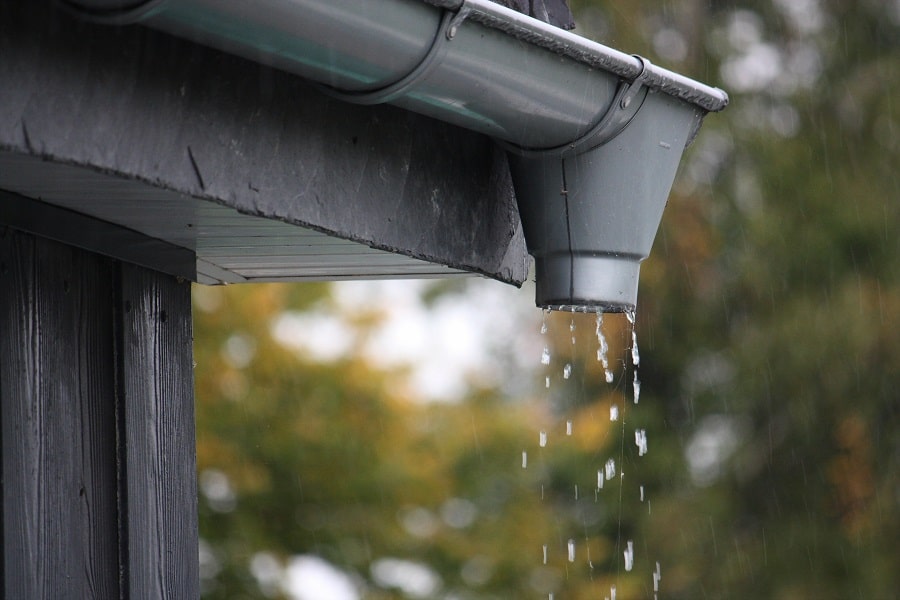Pests can be a nuisance. They invade our homes, damage our plants and furniture, and scare away wildlife from their natural habitats. And while it may seem like there’s no way to get rid of them without harming the environment or killing off valuable species, that couldn’t be further from the truth! This article will explore some of these methods and guide you to using them yourself!
Using White Vinegar With Water

One way to get rid of pesky bugs is to combine equal parts white vinegar and water into a spray bottle. You can also use apple cider vinegar. The acetic acid in the vinegar will kill off any bugs you directly spray, but it won’t harm them if they decide to lick or eat the product. It’s also less harmful than other harmful chemicals because it doesn’t strip the foliage of leaves or stems, so you can easily use this method on vegetation without worrying about destroying your garden. However, keep in mind that bees may be attracted to the smell, so refrain from spraying when bee populations are high.
Block Their Entry

Cut small collars out of tin foil and place them in the ground around plants with pest problems. This will keep bugs from entering your garden when they try to get to the soil underneath, making sure they stick to eating just your foliage instead. And because you can use this method with any type of plant, it’s not only beneficial for getting rid of pests but also for protecting new seeds or saplings!
To make things even easier, combine this method with water and vinegar by pouring a line of diluted vinegar into the ground along the tin foil collar before adding dirt on top. Bugs won’t be able to get past it, and your plants will thank you later!
Beer Trap

One of the most popular ways to get rid of pests is through traps. It can be in the form of sticky tape that they’ll get caught on or a container with an inviting smell that tricks them into believing it’s food. The problem with many commercial traps is that you may not see results for weeks, months, or even years! And if you rely on one long-term without success, there are other options out there. This includes using beer, which can attract slugs and snails when placed in wide containers whose lips lie flush against the soil. Then, after enough time passes, simply pick up your trap and toss any trapped pests away from your garden before watering.
Remove Their Food Source

A significant reason why pests may be attracted to your garden in the first place is that there’s an enticing food source. If you can find out what it is and take it away, they’ll eventually pick up and move somewhere else to look for a meal. Unfortunately, this can be hard to discover because many pests, like slugs and snails, usually aren’t active during daylight hours.
But there are some types of bugs that you can track in this manner. For example, earwigs are known for their love of certain decaying plants or vegetables. So if you find one crawling around your garden at night when they are usually not active, it’s likely they’re dining on your crops!
Using Pets To Clear Pests
Another way to protect your garden is by using “watchdogs” to keep pests away. Cats will play with insects, creating enough commotion that bugs won’t risk crossing paths with them twice. And if you live in an area where outdoor dogs are allowed, they may also scare off animals that can cause damage, like rabbits or deer!
You can even use these creatures as a form of pest control by having them patrol your garden at night while you sleep. This will ensure nothing gets past their watchful eyes and onto your plants without being caught first! However, it’s important to remember that pets rely on good quality food to stay healthy themselves, so make sure not only what they eat but where they’re eating it from doesn’t have any negative impacts.
Don’t Use Pesticides

Using harmful chemicals like pesticides is one of the most popular ways to deal with crop pests. They’re easy to find and use, they kill off insects quickly, and once they’re gone, you don’t have to worry about them coming back.
However, many of these products will also affect birds and other surrounding wildlife if not used responsibly, which means not spraying in or near their habitats, and some compounds can last for weeks or even months instead of days! This includes nerve gas-based substances that poison bugs on contact before slowly killing them from the inside out unless they directly contact rainwater first.
Conclusion
If you’re looking for a way to keep your crops pest-free without harming the surrounding environment, then look no further than this article! From using natural predators and chemical-free traps to planting new plants and removing familiar food sources, these unique ways of dealing with pests are sure to eliminate any issues you may have had before. However, it’s important to remember that some of these methods require more patience rather than an immediate result. Nevertheless, if you can be patient enough to see your garden flourish, there are many options out there waiting for you!


